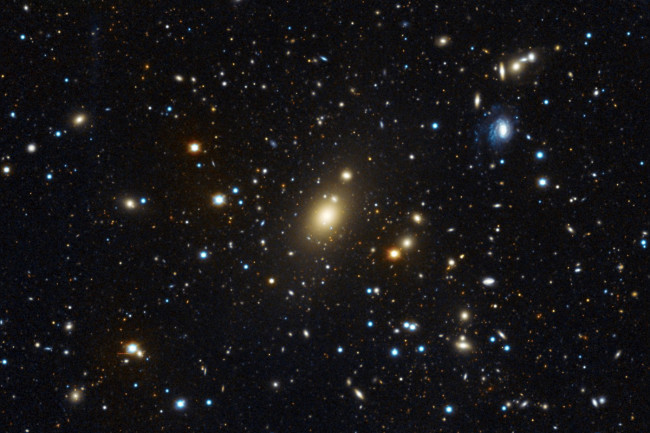As scientists continue to weigh in, one thing is clear: the "monster black hole" discovered in 2019 doesn't exist.
Scientists keep debunking 'monster black hole' discovery. So, what's the deal with binary system LB1? : Read more
Scientists keep debunking 'monster black hole' discovery. So, what's the deal with binary system LB1? : Read more



